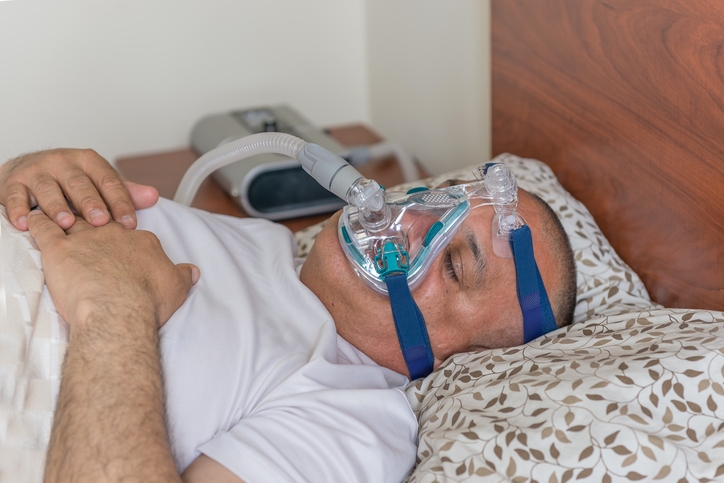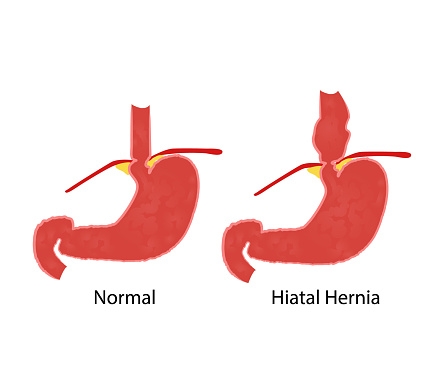Sleep Apnea and Excess Weight
Has anyone told you that you snore excessively when you are asleep? You may be suffering from sleep apnea. A lot of Americans suffer from this condition without realizing it. Sleep apnea can cause cardiovascular diseases and lead to premature death. Drivers suffering from sleep apnea cause more than 9,000 deaths and 200,000 injuries on America’s roads and highways every year.
What is sleep apnea?
Obstructive sleep apnea (OSA) is the most common type of sleep apnea. With OSA, the airway becomes narrowed or blocked during sleep. When air is restricted, blood oxygen levels drop and oxygen to the brain is reduced. Deprived of oxygen, the brain begins the awakening process until oxygen levels are sufficiently restored. This may happen anywhere from just a few to hundreds of times each night. The sleep apnea sufferer may not realize it is happening because he or she doesn’t become fully awake. But because of the frequent awakening, he or she can’t sleep deeply and experiences constant fatigue.
Sleep Apnea Causes
There are many possible causes of sleep apnea including excess weight, enlarged tonsils, being middle aged or older, alcohol use and smoking. Being overweight is one of the more common causes of OSA. When an overweight person is sleeping, the muscles of his or her throat and tongue become more relaxed, causing the fatty soft tissues to block the airway. Excess body fat also interferes with chest movement and compresses the lungs, which results in shallow and inefficient breathing.
Each unit increase in Body Mass Index (BMI) can result in a 14 percent increase in risk of developing sleep apnea, and a 10 percent gain in weight can make you six times more vulnerable to the condition. Not only that, men with a neck size of more than 17 inches and women with a neck size that is more than 15 inches have a significantly higher chance of having sleep apnea.
Treatment for sleep apnea
Sleep apnea increases the risk for other illnesses such as high blood pressure and diabetes, so treatment is essential. Those who think they may have OSA should see a doctor without delay. The first recommendation will likely be to address behaviors that increase risk for OSA such as smoking, alcohol consumption, and excess weight.
Most overweight adults with sleep apnea will find their problem is resolved or significantly improved with weight loss. Those who have not had success with a medically supervised weight-loss program may want to consider weight-loss surgery. Renowned bariatric surgeon Dr. Preeti Malladi can discuss your options and help you determine if weight-loss surgery is right for you. Call her today at (469) 754-3581.







